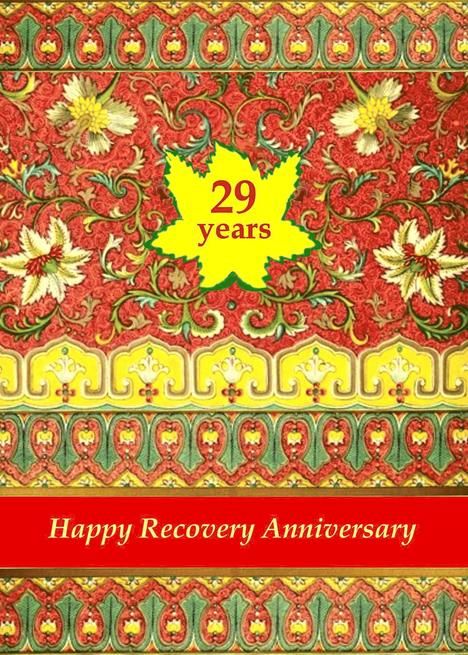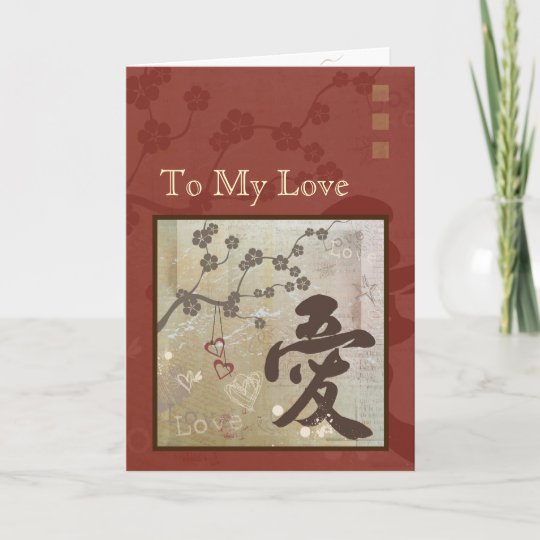Celebrating Anniversaries Japanese Style
Anniversaries are special occasions in everyone’s life, and they are celebrated around the world in various ways. One such celebration that has gained popularity is commemorating anniversaries in the Japanese style. In this article, we will delve into the intriguing world of “Happy Anniversary” in Japanese and explore the diverse ways to congratulate your loved ones. Whether you’re planning a romantic surprise for your partner or looking to wish a friend on their special day, understanding the Japanese approach to anniversaries can add a unique and meaningful touch to your celebrations.
The Significance of Anniversaries in Japanese Culture

In Japan, anniversaries are cherished moments that hold great cultural significance. They are not limited to personal milestones but extend to various aspects of life, including relationships, work, and achievements. Understanding this cultural context is crucial when exploring how to say “Happy Anniversary” in Japanese.
Personal Anniversaries
Personal anniversaries, such as birthdays and wedding anniversaries, are celebrated with enthusiasm in Japan. On birthdays, it’s common to say “お誕生日おめでとう” (Otanjoubi Omedetou), which translates to “Happy Birthday.” Couples celebrate their wedding anniversaries by saying “結婚記念日おめでとう” (Kekkon Kinenbi Omedetou), meaning “Happy Wedding Anniversary.”
Work Anniversaries
In the corporate world, work anniversaries are highly regarded in Japan. Employees often receive recognition and gifts from their employers on these occasions. The phrase “勤続年数おめでとう” (Kinshoku Nensuu Omedetou) is used to convey “Congratulations on your years of service.”
Saying “Happy Anniversary” in Japanese
Now that we’ve established the importance of anniversaries in Japanese culture, let’s explore the different ways to congratulate someone on their special day.
1. “結婚記念日おめでとう” (Kekkon Kinenbi Omedetou)
This phrase is specifically used to wish a couple a happy wedding anniversary. It’s a heartfelt way to acknowledge the love and commitment shared by the couple.
2. “お誕生日おめでとう” (Otanjoubi Omedetou)
When celebrating someone’s birthday, this phrase is the Japanese equivalent of “Happy Birthday.” It’s a cheerful and warm way to express your good wishes.
3. “仕事の記念日おめでとう” (Shigoto no Kinenbi Omedetou)
For work anniversaries, use this phrase to congratulate colleagues or employees on their years of service. It shows appreciation for their dedication and hard work.
4. “お祝い事おめでとう” (Oiwai Goto Omedetou)
This versatile phrase can be used for various celebratory occasions, including promotions, achievements, and personal milestones. It translates to “Congratulations on the celebration.”
5. “幸せな一年をお祈りしています” (Shiawasena Ichinen o Oinorishiteimasu)
When you want to extend your wishes for a happy year ahead, this phrase is perfect. It expresses your hope for a joyful and prosperous future.
Japanese Anniversary Traditions

In addition to the words used to convey congratulations, Japanese anniversaries are often accompanied by unique traditions and customs. These traditions add depth and meaning to the celebrations.
1. Exchanging Gifts
Gift-giving is an integral part of Japanese anniversaries. It’s customary to exchange thoughtful gifts that reflect the significance of the occasion. For example, on wedding anniversaries, couples may exchange rings or jewelry as a symbol of their enduring love.
2. Sharing a Special Meal
Food holds a special place in Japanese culture, and anniversaries are no exception. Celebrants often indulge in a delicious meal, either at home or at a restaurant. It’s an opportunity to savor traditional Japanese dishes and create cherished memories.
3. Visiting Shrines or Temples
Some people choose to mark their anniversaries by visiting a shrine or temple. It’s a spiritual and reflective way to seek blessings and offer gratitude for the time passed.
4. Writing Letters of Appreciation
Japanese people often express their feelings and gratitude through handwritten letters. It’s a heartfelt way to convey deep emotions and appreciation to loved ones on special occasions.
FAQ: “Happy Anniversary” in Japanese

Q1: What is the Japanese phrase for “Happy Anniversary” for couples?
A1: The Japanese phrase for “Happy Anniversary” for couples is “結婚記念日おめでとう” (Kekkon Kinenbi Omedetou).
Q2: How do you say “Happy Birthday” in Japanese?
A2: To say “Happy Birthday” in Japanese, use the phrase “お誕生日おめでとう” (Otanjoubi Omedetou).
Q3: What is the significance of work anniversaries in Japan?
A3: Work anniversaries are highly regarded in Japan as they symbolize an employee’s dedication and commitment to their job. Employers often recognize these milestones with gifts and appreciation.
Q4: Are there specific gifts associated with Japanese anniversaries?
A4: Yes, there are specific gifts associated with Japanese anniversaries. For example, on wedding anniversaries, couples may exchange rings or jewelry as a symbol of their enduring love.
Q5: Can you recommend a traditional Japanese dish for anniversary celebrations?
A5: One traditional Japanese dish often enjoyed during anniversary celebrations is “sushi.” It’s not only delicious but also symbolic of joy and togetherness.
In conclusion, celebrating anniversaries in the Japanese style is a beautiful way to honor and cherish significant moments in life. Whether you’re congratulating a couple on their wedding anniversary or wishing a colleague on their work anniversary, understanding the appropriate phrases and traditions adds a heartfelt touch to your greetings. So, embrace the rich culture of Japan and make your anniversary celebrations even more memorable with these meaningful gestures.
key words
- learn japanese
- how to say hello in japan
- say i love you in japan

No Responses